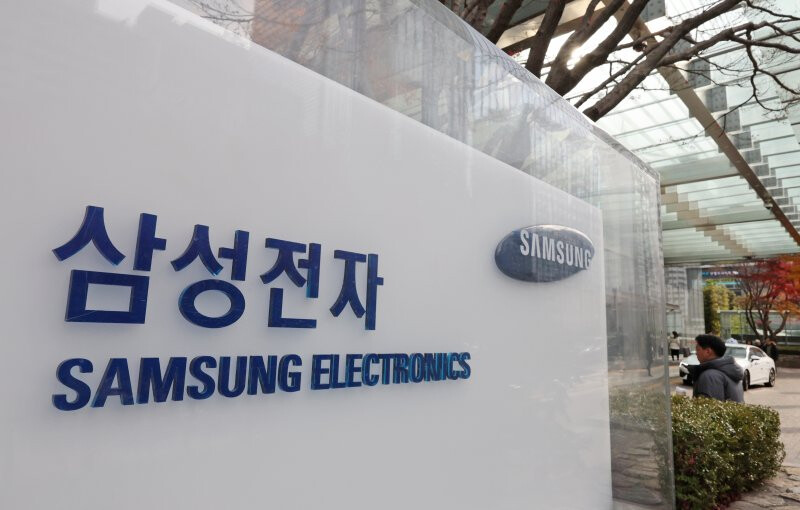
Seoul, South Korea – South Korea's largest conglomerates experienced a significant decline in their market capitalization last year, according to a recent report by CEO Score. The combined market value of the 79 listed affiliates of 88 designated conglomerates decreased by ₩250.6 trillion (approximately US$191 billion), representing a 13.2% drop from the previous year.
Samsung Group bore the brunt of this decline, with its market capitalization plummeting by a staggering ₩166.7 trillion (US$126 billion). The sharp drop in Samsung Electronics' share price was the primary driver of this decline. Other Samsung affiliates, such as Samsung SDI, Samsung C&T, and Samsung SDS, also experienced substantial decreases in their market values.
EcoPro, a South Korean battery materials company, saw the most significant percentage decline in market capitalization, falling by 60.2%. Posco, a major steelmaker, also suffered a 54.7% decrease due to sluggish performance in its core businesses, including steel and secondary batteries.
On the other hand, HD Hyundai Group emerged as a notable outlier, with its market capitalization surging by over ₩40 trillion (US$30 billion). The group's shipbuilding and power infrastructure businesses experienced a boom, leading to significant increases in the market values of its major affiliates, including HD Hyundai Heavy Industries and HD Hyundai Electric.
SK Group and Hanwha Group also saw their market capitalizations increase by over ₩10 trillion each, driven by strong performances in their respective sectors. SK Hynix, a major semiconductor company, was a particular standout, with its market value increasing by ₩23.5 trillion.
These shifts in market capitalization have led to changes in the rankings of South Korea's largest conglomerates. SK Group has moved up to the second position, while LG Group has slipped to the third. Hanwha Group has entered the top 10, thanks to the strong performance of its defense business, particularly Hanwha Aerospace.
The decline in market capitalization for many of South Korea's largest conglomerates can be attributed to a combination of factors, including global economic uncertainty, rising interest rates, and challenges faced by specific industries such as semiconductors and steel.
[Copyright (c) Global Economic Times. All Rights Reserved.]






























